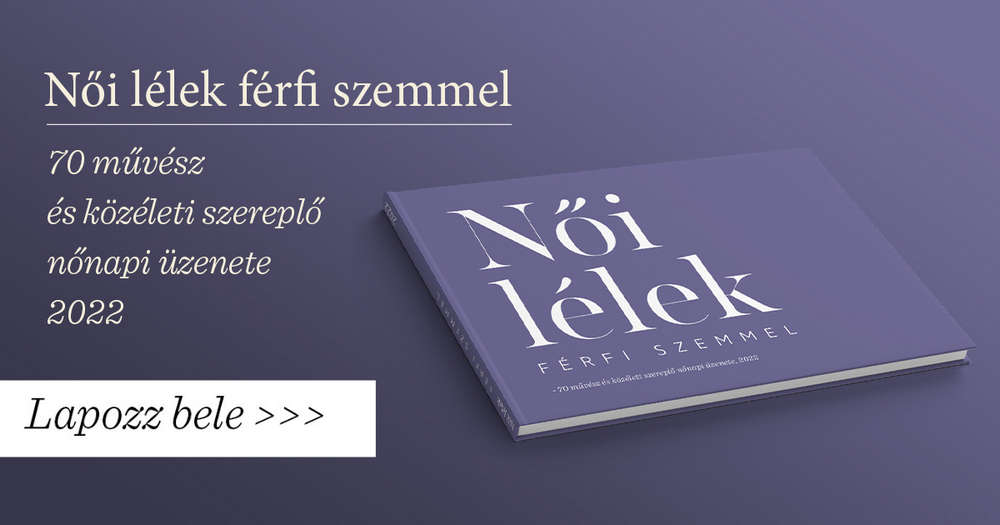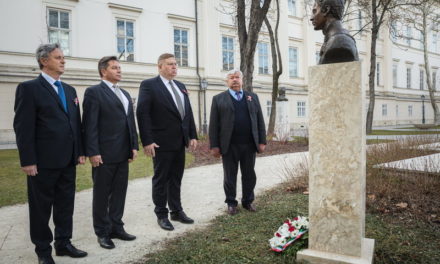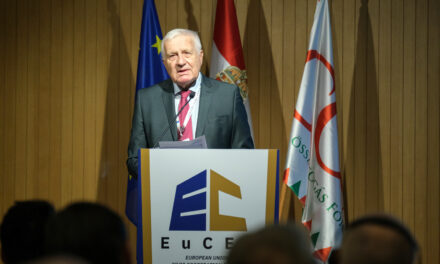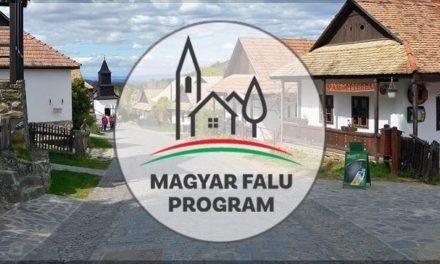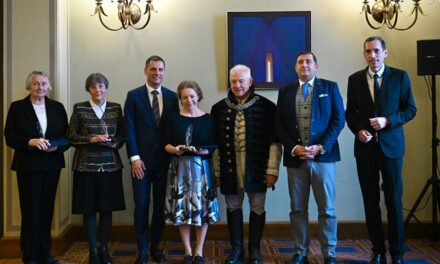The founder of the Young Families Club (Ficsak) emphasized the importance of protecting values, families and children at the organization's Women's Day conference on Tuesday in Budapest.
"We can be proud that in Hungary we can live our everyday lives according to values, and these values, families, and children must be protected in the April referendum," said Nóra Király of Ficsak and the Hungarian Women's Union Szeresd a nőt! at his event.
He talked about the fact that the world has gone through great changes, in the time of our great-grandmothers it was unimaginable that a woman could fulfill and fulfill herself in so many roles.
In the past 12 years, however, the government has provided all the help for this, given the freedom of choice, whether someone wants to be a full-time mother or to fulfill her profession, or possibly reconcile the two, he emphasized.
Nóra Király stated that we can be proud of the fact that in Hungary we can live our everyday lives according to values, and we must fight against the "attacks from Brussels", we must protect these values, families, and children.
That is why it is extremely important to "use our right to vote" on April 3 in the referendum on the child protection law and to "say no to sex reassignment surgeries" and the negative effects on children, he declared.
Nóra Király presented the publication entitled Women's soul through men's eyes The book can be downloaded from noiseszem.hu.
Margit Batthyány-Schmidt , the founder of the Hungarian Women's Union, said that "it is our responsibility and duty to draw attention to the eternal balance of women and men, since there is strength in both, but it is the female energy that embraces, cares for and provides security ".
He emphasized that their organizations are constantly looking for opportunities to support people even in difficult situations, since good answers to challenges can only be given through cooperation.
Balázs Molnár , the deputy president of the Mária Kopp Institute for Population and Families, said that the construction of a family-friendly country began 12 years ago, and since then the government has been helping Hungarian women and families with ever-expanding opportunities, and the greatest value of Hungarian family policy is that it provides women freedom of choice, flexibility and predictability.
The deputy president presented the ranking created by the institute, in which the various countries were examined based on the "opportunities that help women and put them in an advantageous position". In the ranking, Hungary finished in second place behind Sweden and in a tie with Finland.
Balázs Molnár also spoke about the fact that motherhood is the determining factor in the lives of the overwhelming majority of women in Hungary, but at the same time it is in the interest of society that the efforts invested in their professional future are not wasted, which is why the government introduced the graduate grant and student loans for women who have children. mitigation and release.
Among the positive trends, the deputy president mentioned that the age of childbearing has stopped in Hungary, and the number of children born in 2020 has increased compared to the average of the years 2016-2019.
All of this proves that even the effects of the pandemic can be mitigated with comprehensive family policy measures, emphasized Balázs Molnár.
Refuting the criticism that "Hungarian family policy wants to chain women to the stove", he said that the employment rate of women has increased by 13 percent since 2010, and this was helped, for example, by the increase in the number of nursery places.
Hungarians are family-oriented, they envision their lives in marriage and with children, women of childbearing age plan to have 2.33 children on average, but there is still a significant difference between the number of children planned and the number of children undertaken, so a significant change of attitude would be needed, which is not women's "hobby ", but considers having children as a common cause of society - pointed out Balázs Molnár.
Security policy expert Georg Spöttle, Director of the Center for Human Dignity Edit Frivaldszky and couples therapist Gábor Mihalec also gave presentations at the event.
MTI
Photo: Facebook

